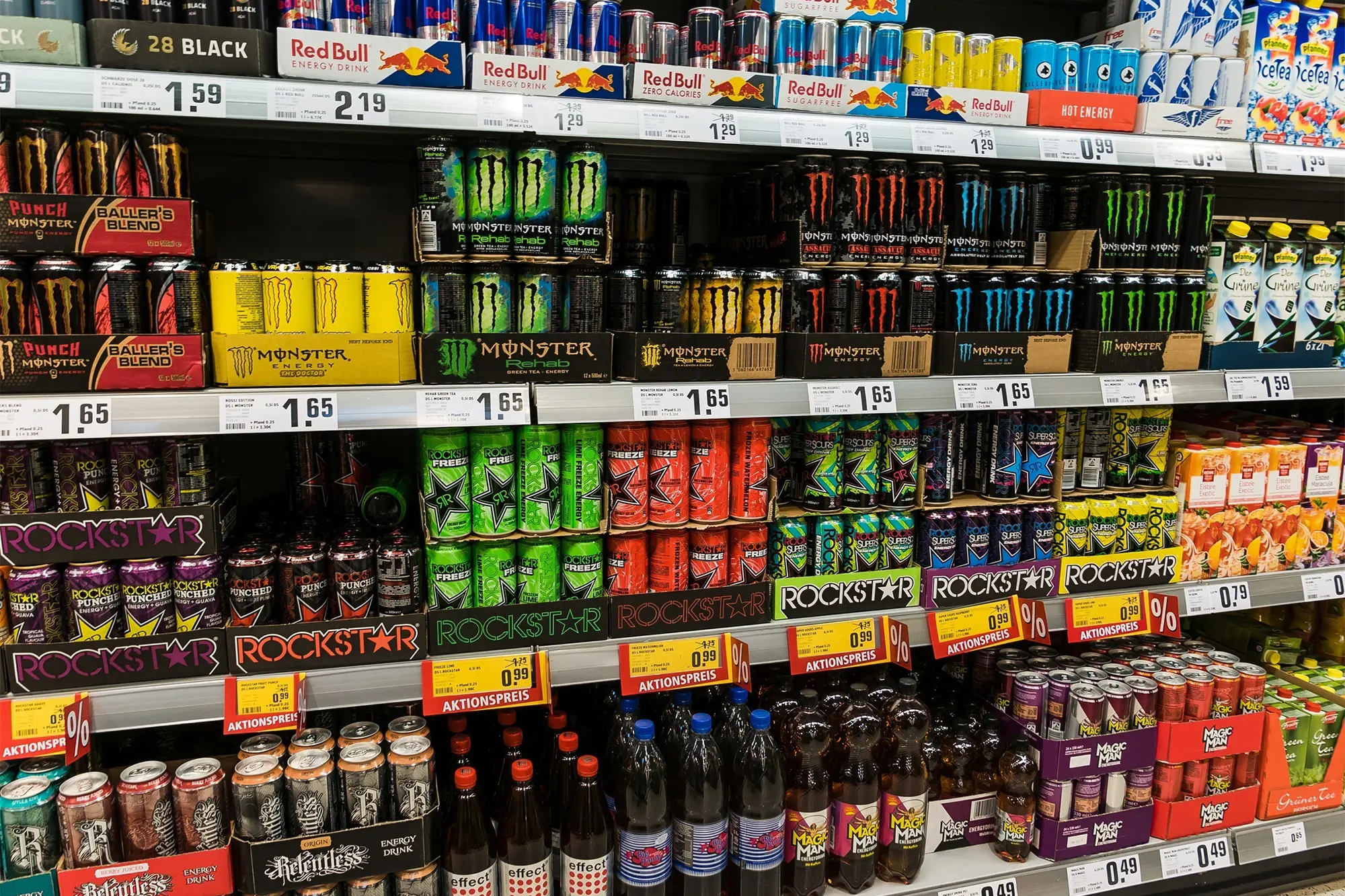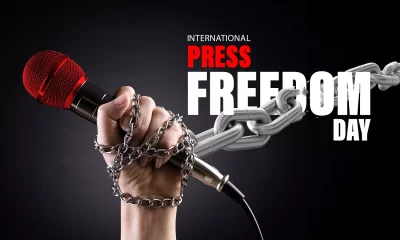Sepulveda, a Florida International University student who was 19 at the time, was admitted to the hospital, and was surprised by the cause of her symptoms: the Monster energy drink she had just a few hours earlier.
“I was drinking Monster every day for the past year, “ she said. “To me the energy drink wasn’t even a possible reason for this happening.”
The energy drink market has exploded in recent years and by 2030 is expected to reach $33 billion. Much of this growth has been attributed to a shift in marketing strategies that now target young people.
These drinks can contain anywhere from 200 mg to 350 mg of caffeine, and the large amounts of caffeine in these drinks can cause significant health problems, especially in teens and adolescents, health experts say.
READ ALSO: NAFDAC notifies Nigerians on recalled energy drinks sold online
It is young people who are most at risk from excessive caffeine intake. The FDA recommends that adults consume 400 mg or less of caffeine a day, but for those under 18 the recommended dose is 100 mg or less, often less than half of the amount in one energy drink.
They do not recommend any person 12 or under to consume caffeine.
“I wouldn’t recommend any of my patients an energy drink, the excessive amount of caffeine at one time puts you at risk,” said Dr. Willam Costa, internal medicine pediatrics resident at Tulane University, “That’s something that a teenage heart should not endure.”
According to Dr. Cristina Font, cardiology fellow physician at University of Florida Health Jacksonville, caffeine has a number of side effects but the cardiovascular risks of excessive caffeine consumption can be significant.
“That can lead to palpitations, it can lead to arrhythmia which can be dangerous,” said Font. “That’s where it can have really detrimental effects on the cardiovascular system, which in rare cases has led to death.”
“A lot of children and adolescents are on psychoactive medications, for example ADHD medications, or people with asthma who are taking inhalers are also at risk; those inhalers have stimulant effects,” said Font. “When you start combining stimulants, those cardiovascular effects can get more dangerous.”
READ ALSO: Why energy drink is bad for your health
Certain congenital conditions also can make caffeine more dangerous. In 2022, Sarah Katz, a 21-year-old University of Pennsylvania student, unknowingly drank a Charged Lemonade from Panera. Katz suffered from a heart condition called Long QT syndrome type 1 and generally avoided caffeine due to the risks.
However, the drink was served in beverage dispensers side-by-side with non- caffeinated lemonade, and Katz later went into cardiac arrest and died. Charged Lemonade has 390 mg of caffeine per 30-oz large sized drink.
Melissa DeVincentis, a physician assistant at Holy Cross Hospital in Fort Lauderdale who works in electrophysiology, said she sees a young person admitted to the ER after drinking large amounts of caffeine once or twice a week.
“The most pressing symptom is palpitations,” she said “And when we question them we see their caffeine intake is insane.”
“A lot of patients come to me with complaints of palpitation and chest pains,” said Font. “You come to realize these patients are drinking multiple energy drinks a day.”
Efforts have been made recently to regulate energy drinks. In Connecticut, a bill in the legislature would ban the sale of energy drinks to children under 16.
READ ALSO: Reasons why energy drinks are bad for men
In 2023, U.S. Senate Majority Leader Chuck Schumer (D-N.Y.) asked the FDA to investigate PRIME energy drinks for their advertising practices.
“PRIME is so new that most parents haven’t a clue about it, but it is born from the reels of social media and the enigmatic world of influencers,” Schumer said. “This product has one true target market: children under the age of 18, and that is why I am sounding the alarm and asking the FDA to investigate PRIME.”
In addition to marketing strategies, adolescents are also at risk for excessive caffeine consumption because it is addictive which can make it difficult to slow down or stop consumption.
“It is the most widely used drug in the world,” said Dr. Font. “We all drink it without thinking about how it’s affecting us. It is the most widely used drug in the world,” said Dr. Font. “We all drink it without thinking about how it’s affecting us in terms of addiction.”


 Comments and Issues1 week ago
Comments and Issues1 week ago
 Education1 week ago
Education1 week ago
 Comments and Issues1 week ago
Comments and Issues1 week ago
 Energy1 week ago
Energy1 week ago
 Comments and Issues7 days ago
Comments and Issues7 days ago
 Comments and Issues7 days ago
Comments and Issues7 days ago
 Football1 week ago
Football1 week ago
 Health6 days ago
Health6 days ago
